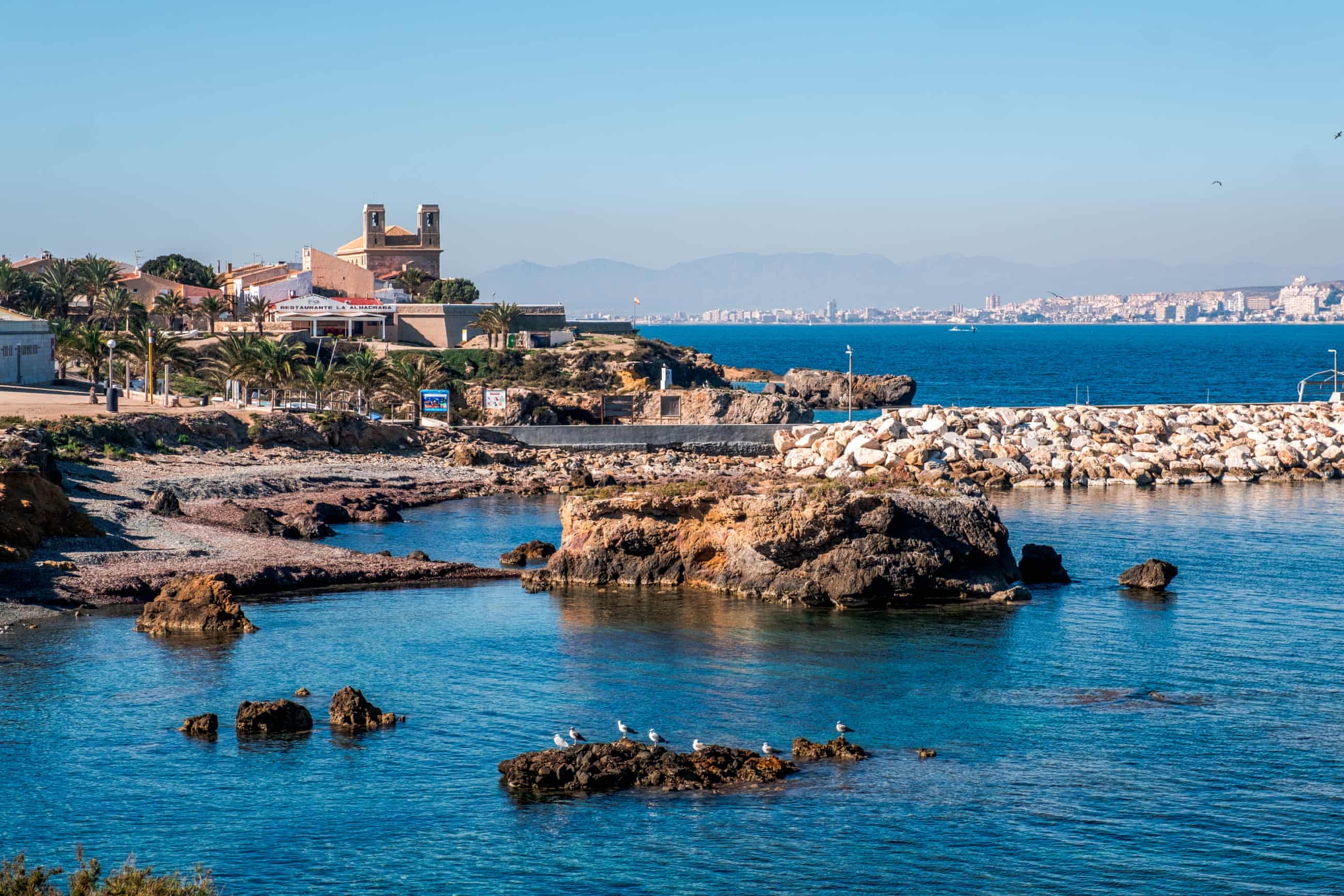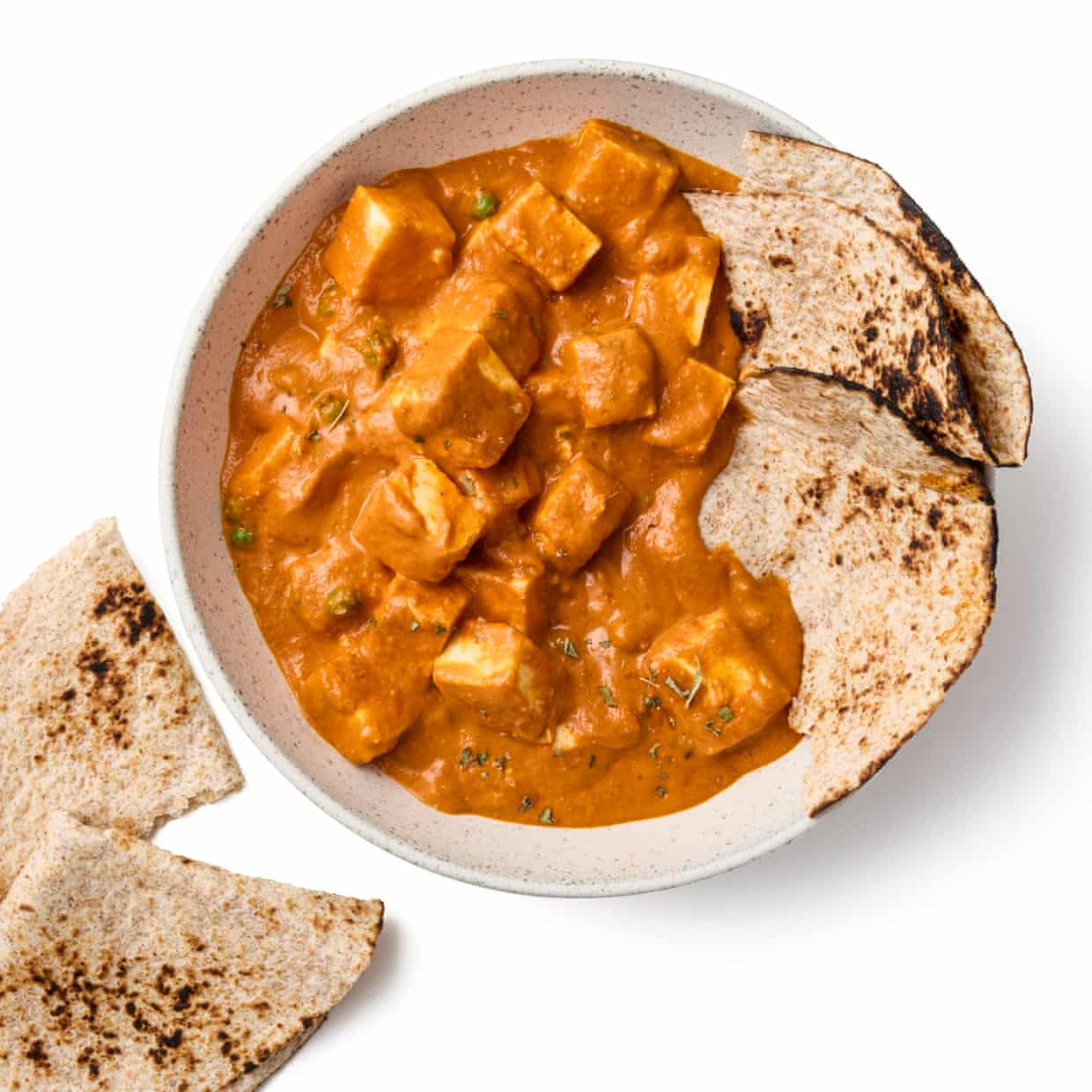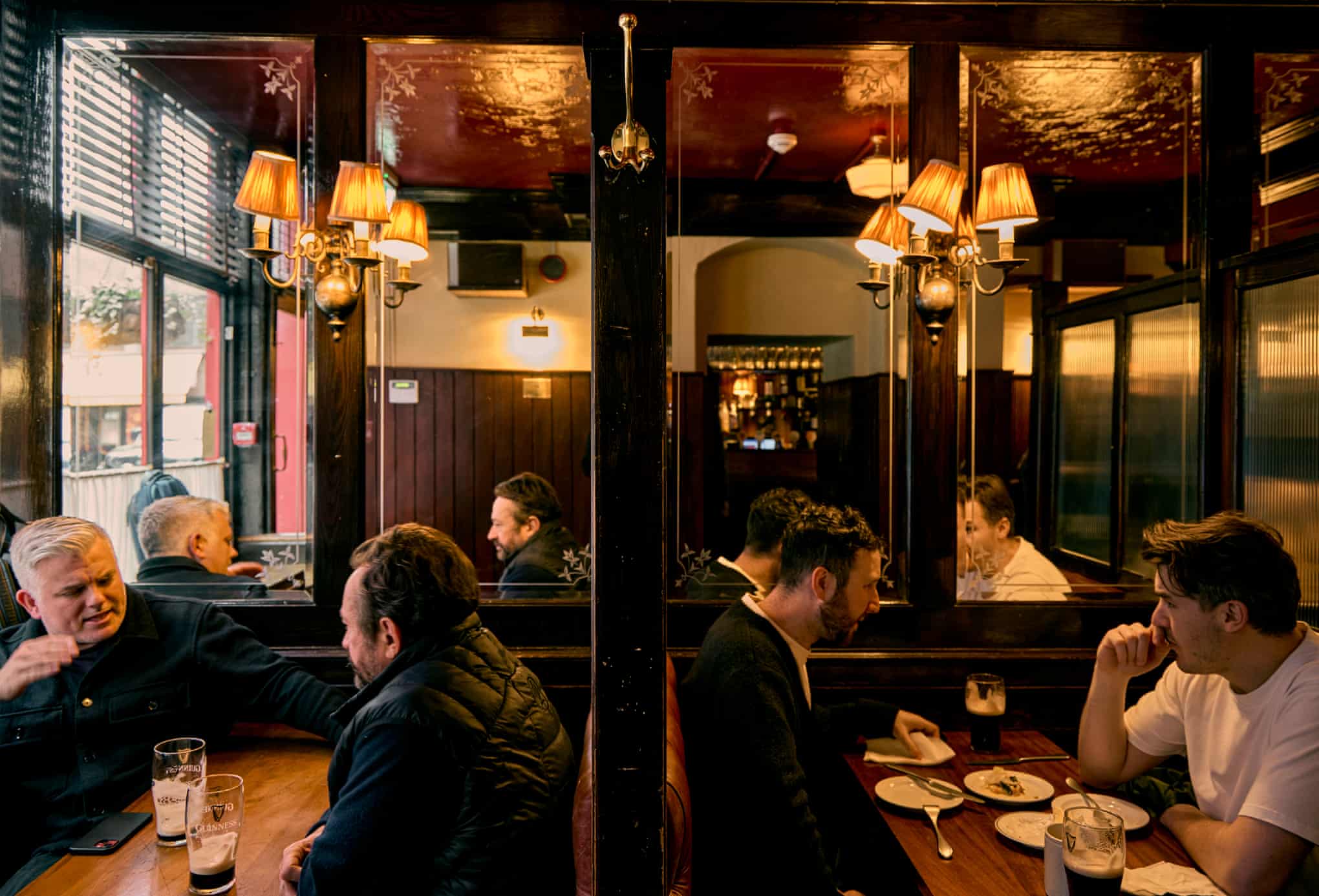North Sea plan allows drilling while enabling Labour to keep ‘no new licences’ pledge

The energy secretary, Ed Miliband, has returned from the Cop30 climate conference in Brazil, where he championed the UK’s world-leading promise to ban all new oil and gas licences and backed the call for a blueprint to “transition away from fossil fuels”.Back at home, the government says it is sticking to its manifesto pledge by becoming the first major economy to have a 1.5C- and climate science-aligned no new licences position, but it plans to allow some new drilling in oil and gas fields that have existing licenses.The North Sea strategy, released on Wednesday alongside the autumn budget, will introduce “transitional energy certificates” that will allow new drilling on or near existing fields.These are called “tiebacks” and will enable a small amount of new fossil fuel extraction.
The government argues that this will help ensure they remain economically viable and are managed for the entirety of their lifespan,Environmental campaigners say this will result in a relatively low amount of fossil fuel extraction,Tessa Khan, the executive director of the environmental nonprofit Uplift, said: “This government is right to end the fiction of endless drilling,The North Sea is an ageing basin, with most of the gas already burned, and new licensing will do nothing to stem the decline in jobs,“We now need this government to be bolder – to make sure the jobs and wealth generated from the shift to clean energy reach UK workers and communities, and to ensure we maintain a livable climate.
That means a proper plan for workers and an end to all new fields, including the huge Rosebank oilfield.”Analysis from Uplift, based on NSTA (North Sea Transition Authority) and Rystad data, shows that new discoveries within a 30-mile (50km) radius of existing production sites contain just 25m barrels of oil and another 20m barrels’ worth of oil equivalent in gas.For context, the Rosebank oilfield – a decision on which is due imminently – would involve the extraction of nearly 500m barrels of oil and gas-equivalent over the course of its lifetime.In the budget, the chancellor, Rachel Reeves, announced that fuel duty had been frozen until next September after a campaign from the Sun newspaper and rightwing MPs.The tax was designed to increase by 1p plus the rate of inflation annually, to incentivise drivers to use greener forms of transport.
However, since 2010, every chancellor has kept rates frozen which, according to the Social Market Foundation (SMF), has meant the real value of fuel duty has tumbled and the equivalent of 81p in 2010 terms is now worth 53p today,The 15-year freeze has cost the exchequer more than £130bn, it is estimated,Research from the SMF has found the freeze saves the richest households, who tend to drive larger cars, considerably more than it does the poorest, who are far less likely to own a car,It also fails to incentivise switching to electric vehicles or public transport,This needs to happen if the UK is to meet net zero goals; domestic transport is the most emitting sector, accounting for 28% of total domestic emissions in the UK.
The government will also introduce a tax on EVs and plug-in hybrids,The rate will be 3p per mile and increase annually with inflation,The average EV driver doing 8,500 miles a year will face an extra £255 in the first year, according to estimates from the Office for Budget Responsibility,Colin Walker, the head of transport at the Energy and Climate Intelligence Unit, said: “Having already increased the vehicle excise duty on EVs, and given in to industry lobbying by weakening its EV sales targets, the government risks sending mixed signals and undermining consumer confidence by trying to encourage drivers into EVs with one policy and possibly putting them off with another,The net result could be to keep people stuck in dirtier and more expensive petrol cars for longer.
”Reeves will be moving green levies from bills to general taxation.This will remove about £2.3bn a year from bills from April for three years, which will save the average household about £150 a year.Greenpeace UK’s head of politics, Ami McCarthy, said: “Shifting most green levies into general taxation is great news for bill payers and will fund long-term bill-saving schemes far more fairly.”It will be paid for by scrapping the ECO (energy company obligation) scheme, which paid for energy efficiency upgrades for the poorest households, although it has been criticised for being poorly executed and Reeves said it had cost some households more than they had saved.
Sign up to Down to EarthThe planet's most important stories.Get all the week's environment news - the good, the bad and the essentialafter newsletter promotionLabour has faced pressure on energy bills after Miliband promised during last year’s general election campaign to lower bills by £300 a household by the end of this parliament.The large costs to upgrade the electricity grid, to ensure new renewables can be connected, as well as the rising costs of building renewables, has meant this has been impossible to do without removing levies from bills.These pay for things such as insulation for poorer households and the warm homes discount for those who find it hard to pay bills.Andy Hackett, a senior policy adviser at the Centre for Net Zero, said: “Cutting levies on electricity is welcome and overdue, but it can’t come at the cost of cutting the very investments in homes that help make bills fall for good – especially for those in fuel poverty.
“The knock-on impact on Labour’s warm homes plan could leave them spending less on home upgrades than the previous government, despite repeatedly blaming them for a record of underinvestment.You can’t build a modern, clean energy superpower on old housing stock.The government should not backtrack on its warm homes plan, especially for fuel-poor households.”While oil and gas companies lobbied hard for the government to remove the windfall tax introduced by the Conservatives in 2022, Reeves resisted this.She said the energy profits levy will remain until 2030, and will raise £2.
7bn in 2025-26.In a sign of the slow demise of the North Sea basin, this is 40% less than will be raised in 2024-25.McCarthy said: “Holding firm on the oil and gas windfall tax, despite fierce industry lobbying, will also continue to support the transition to clean energy.”Mike Childs, the head of policy at Friends of the Earth, commenting on the absence of polluter-pays taxes, said: “The government has missed a golden opportunity to make the biggest polluters pay for the damage they cause – a move that would curb pollution and help fund real solutions.They should have introduced progressive measures like a frequent-flyer levy and used the money raised to boost much depleted bus services.
”

‘Alicante cuisine epitomises the Mediterranean’: a gastronomic journey in south-east Spain
The Alicante region is renowned for its rice and seafood dishes. Less well known is that its restaurant scene has a wealth of talented female chefs, a rarity in SpainI’m on a quest in buzzy, beachy Alicante on the Costa Blanca to investigate the rice dishes the Valencian province is famed for, as well as explore the vast palm grove of nearby Elche. I start with a pilgrimage to a restaurant featured in my book on tapas, New Tapas, a mere 25 years ago. Mesón de Labradores in the pedestrianised old town is now engulfed by Italian eateries (so more pizza and pasta than paella) but it remains a comforting outpost of tradition and honest food.Here I catch up with Timothy Denny, a British chef who relocated to Spain, gained an alicantina girlfriend and became a master of dishes from the region

Rukmini Iyer’s quick and easy recipe for spiced paneer puffs with quick-pickled carrot raita | Quick and easy
These moreish little pastries are as lovely for a snack as they are for dinner, and they take just minutes to put together. I like to fill squares of pastry and fold them into little triangular puffs, but if you prefer more of a Cornish pasty look (*food writer cancelled for suggesting paneer is an appropriate pasty filling!*), by all means stamp out circles, fold into half-moons and crimp the edges.Prep 20 min Cook 25 min Serves 3-4225g block paneer 2 spring onions, trimmed20g mint leavesZest of 1 lime, plus 15ml lime juice1 green chilli, deseeded if you wish1 heaped tsp flaky sea salt1 tbsp self-raising flour320g roll puff pastry 1 egg, beatenFor the quick-pickled carrot raita ½ tsp fennel seeds ½ tsp coriander seeds, lightly crushed30ml white-wine vinegar½ tsp flaky sea salt, crumbled2 spring onions, trimmed and finely chopped300g carrots, peeled, quartered lengthways and finely sliced150g natural yoghurtHeat the oven to 220C (200C fan)/425F/gas 7. Tip the paneer, spring onions, mint leaves, lime zest and juice, green chilli and salt into a food processor, and blitz, scraping down the sides occasionally, until the mix resembles very fine couscous. Add the flour, and blitz again until the mix has broken down even more finely

Chef Skye Gyngell, who pioneered the slow food movement, dies aged 62
Tributes have been paid to the pioneering chef and restaurant proprietor Skye Gyngell, who has died aged 62.The Australian was an early celebrity proponent of using local and seasonal ingredients and built a garden restaurant from scratch, the Petersham Nurseries Cafe in Richmond, south-west London, which went on to win a Michelin star.A statement released by her family and friends read: “We are deeply saddened to share news of Skye Gyngell’s passing on 22 November in London, surrounded by her family and loved ones.“Skye was a culinary visionary who influenced generations of chefs and growers globally to think about food and its connection to the land.“She leaves behind a remarkable legacy and is an inspiration to us all

How to make the perfect butter paneer – recipe | Felicity Cloake's How to make the perfect …
This luxuriantly rich, vegetarian curry – a cousin of butter chicken, which is thought to have been created in the postwar kitchens of Delhi’s Moti Mahal, though by whom is the subject of hot dispute – is, according to chef Vivek Singh, “the most famous and widely interpreted dish in India”. His fellow chef Sanjeev Kapoor describes it as “one of the bestselling dishes in restaurants” there, but here in the UK, though it’s no doubt widely enjoyed, it seems to fly somewhat under the radar on menus, where even the chicken original plays second fiddle to our beloved chicken tikka masala.If you haven’t yet fallen for the crowdpleasing charms of fresh cheese in a mild tomato sauce, consider this a strong suggestion to give it a whirl. Paneer makhni (makhni being the Hindi word for butter, hence also dal makhni), tastes incredibly fancy, but it’s relatively simple and quick to make. Just add bread and a vegetable side to turn it into a full feast

Fluffy and fabulous! 17 ways with marshmallows – from cheesecake to salad to an espresso martini
They come into their own around Thanksgiving in the US, used alongside savoury dishes, as well as in desserts. Now is the time to try them with sweet potatoes, in a strawberry mousse, or even with soupThe connection between marsh mallow the herbaceous perennial, also known as althaea officinalis, and marshmallow the puffy cylindrical sweet, is historic. In the 19th century, the sap of the plant was still a key ingredient of its confectionary namesake, along with sugar and egg whites. But that connection has long been severed: the modern industrial marshmallow is derived from a mixture of sugar, water and gelatine. Its main ingredient is air

The Shaston Arms, London W1: ‘Just because you can do things doesn’t mean you should do them’ – restaurant review | Grace Dent on restaurants
A pub that wants to be an old-school boozer and a cool restaurant both at the same timeWhile perched inside what felt like a repurposed bookshelf at the draughty back end of the Shaston Arms, sitting next to the dumb waiter and waiting for the ping to herald the arrival of my £16 plate of red mullet with squid ink rice, I had time to consider yet again the so-called “pub revival” in cool modern hospitality. Old boozers are reclaimed, reloved and restored, and the great tradition of going down the pub is celebrated. The Devonshire in nearby Piccadilly is, of course, the daddy, the Darth Vader of this trend, winning plaudits, TikTok adoration and celebrity fans aplenty. So it’s no wonder that myriad other hospitality operators have cast an eye over their local neglected fleapit and thought: “Let’s buy some Mr Sheen, give that old hovel a polish and start serving duck à l’orange and flourless chocolate tart. It’s all the rage! Gen Z loves it!”Whether Gen Z really does love anything about the pub experience as it was in the 20th century is debatable, however, because inside these poshed-up spit-and-sawdust boozers, all the phlegm and fag ash has gone – as have the dartboards, pool tables, punch-ups, topless women on KP peanut pub cards and the ever-present bar-fly alcoholic drinking himself yellow while droning on about his marital problems

Macquarie Dictionary announces ‘AI slop’ as its word of the year, beating out Ozempic face

AI could replace 3m low-skilled jobs in the UK by 2035, research finds

‘It’s hell for us here’: Mumbai families suffer as datacentres keep the city hooked on coal

One in four unconcerned by sexual deepfakes created without consent, survey finds

Can’t tech a joke: AI does not understand puns, study finds

Civil liberties groups call for inquiry into UK data protection watchdog